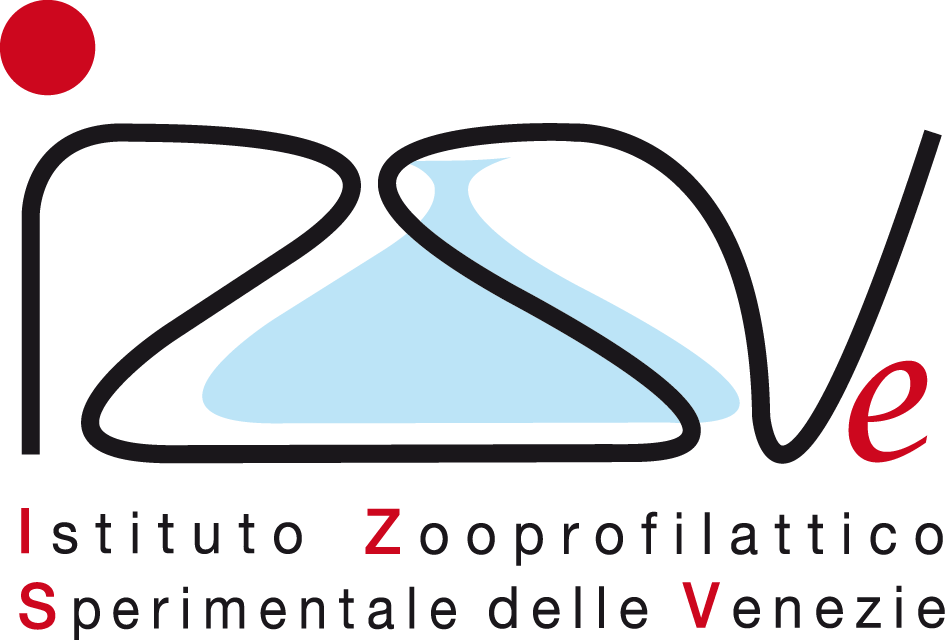Pet Therapy (Animal Assisted Interventions)Redazione2024-07-02T15:50:10+02:00
National Reference Centre for Animal Assisted Interventions (Pet Therapy)

The Istituto Zooprofilattico Sperimentale delle Venezie is the headquarter of the Italian National Reference Centre for Animal Assisted Interventions (Pet Therapy). The Reference Centre was established by decree of the Italian Ministry of Health on 18 June, 2009.
Animal Assisted Interventions (AAI, generally known as “Pet Therapy”) are becoming increasingly widespread in various public and private settings. AAI can be applied to therapeutic, rehabilitative, educational and recreational settings and involve companion animals. The most commonly involved pets are dogs, horses, donkeys, cats, and rabbits. Such treatment is mainly provided to people with physical, neuromotor, mental and physical disorders, whatever their cause, but can also be provided to healthy people.
In Italy, AAI have to comply with legislation in force and, where included in educational and therapeutic-rehabilitation processes, must be based on scientific criteria. Treatment protocols have to envisage patient/user recruitment, project drafting, definition of the objectives, and periodic control of the results achieved. Specialists must be able to work as part of a team with members from very different scientific and cultural spheres.
The Reference Centre is also involved in the implementation of the assistance dog sector and the Green Care sector, which includes social farming among its many facets. In addition, the Centre has recently established a research group focusing on human-animal interaction and the welfare of companion animals, including equids.
Activities and services
Duties of the National Reference Centre for AAI
The duties of the National Reference Centre for Animal Assisted Interventions (Pet Therapy) are as follows:
- to promote research into standardized operating protocols relating to the health and behavioural control of animals used in AAT (animal-assisted therapy) programmes;
- to strengthen collaborations between human and veterinary medicine in order to identify operating and research synergies which guarantee improvement in outcomes in the sector in question;
- to enhance knowledge on the applicability of the interventions in given categories of patients, as the elderly, autistic children, the mentally challenged;
- to organize and manage training pathways;
- to collect data and disseminate information to the international scientific community.
National guidelines for standardizing AAI operating protocols
In cooperation with the Italian Ministry of Health and the Istituto Superiore di Sanità (Italian National Institute of Health), the Reference Centre has developed national guidelines for standardizing operating protocols for AAI. The guidelines also provide details on the training pathways for professionals and providers involved in the multidisciplinary team. According to these guidelines, the Centre has developed and manages Digital Pet, a web platform containing national lists of AAI professionals, Specialised Centres/Recognised Structures, activated AAT and AAE projects, and a register of animals of the dog, cat, rabbit, donkey, and horse species that can be involved in AAI.
Integrating AAI and Social Farming
Furthermore, it plays a role in integrating AAI and Social Farming practices with traditional welfare practices. This is useful for bridging welfare gaps and providing an innovative approach based on the concepts of community care and One Welfare. The Centre’s research on social agriculture is aligned with its mission to promote research and collaborate with human medicine.
Standardisation of the assistance dog supply chain
Finally, in 2018, the National Reference Centre for AAI has joined in the CEN TC 452 working groups, contributing to a standardization process supported by the European Committee for Standardisation (CEN) aimed at harmonising the assistance dog sectors in Europe. The European standard defines the requirements of the assistance dog supply chain to ensure the safety of the user and the welfare of the dog throughout its life. A shared standard at the European level is necessary to facilitate the legislative process at the national and EU levels, ensuring the social acceptability and accessibility of dog-disabled pairs in various public or private contexts open to the public and on public and private transport. The Centre works in collaboration with regional institutions and professional associations to organize the supply chain from a One Welfare perspective.
Contacts
Director of the National Reference Centre for Animal Assisted Interventions (Pet Therapy)
Franco Mutinelli
E-mail: fmutinelli@izsvenezie.it
View profile >
Secretariat
E-mail: info.iaa@izsvenezie.it
News from the IZSVe on Animal Assisted Intervention (Pet Therapy)
You can read all the news on this topics on this page of the News section of the website: News > News Topics > Pet Therapy
Go to Pet Therapy news »
Latest news
Redazione2023-01-27T11:51:59+01:00Redazione2023-01-27T11:51:59+01:00January 26th 2023|
The Applied Science journal is planning a special issue titled "Trends and Prospects in Animal Assisted Intervention (AAI)”, with the aim to present recent trends in ...
Redazione2023-01-25T17:21:39+01:00Redazione2023-01-25T17:21:39+01:00December 13th 2022|
Donkeys are more than capable of learning! They are even more motivated to do so when promised a reward. In many animal species, the use ...
Redazione2021-11-02T15:52:20+01:00Redazione2021-11-02T15:52:20+01:00October 19th 2021|
Horses have an acknowledged capacity for distinguishing between people they know and people they don’t know. This ability suggests that familiarity level can influence horses’ ...
Redazione2020-04-14T18:21:35+02:00Redazione2020-04-14T18:21:35+02:00May 10th 2017|
In April this year, the implementation of the Agreement between the Government, the Regions and the Autonomous Provinces of Trento and Bolzano on the document ...
Redazione2020-04-14T18:23:34+02:00Redazione2020-04-14T18:23:34+02:00November 7th 2016|
There is little doubt that animals can have a positive effect on patients' psychological well-being. Many doctors of human medicine are also convinced of this, ...
Redazione2020-04-14T18:26:59+02:00Redazione2020-04-14T18:26:59+02:00August 3rd 2016|
Poster "The 3R principle: a reflection on its application in AAI" (click to enlarge) The 14th Triennal IAHAIO (International Association of Human-Animal Interaction ...




![Applied Science (MDPI), Special issue “Trends and Prospects in Animal Assisted Intervention (AAI)” [Call for papers]](https://www.izsvenezie.com/wp-content/uploads/2023/01/applied-science-mdpi-special-issue-animal-assisted-intervention-call-for-papers.jpg)




